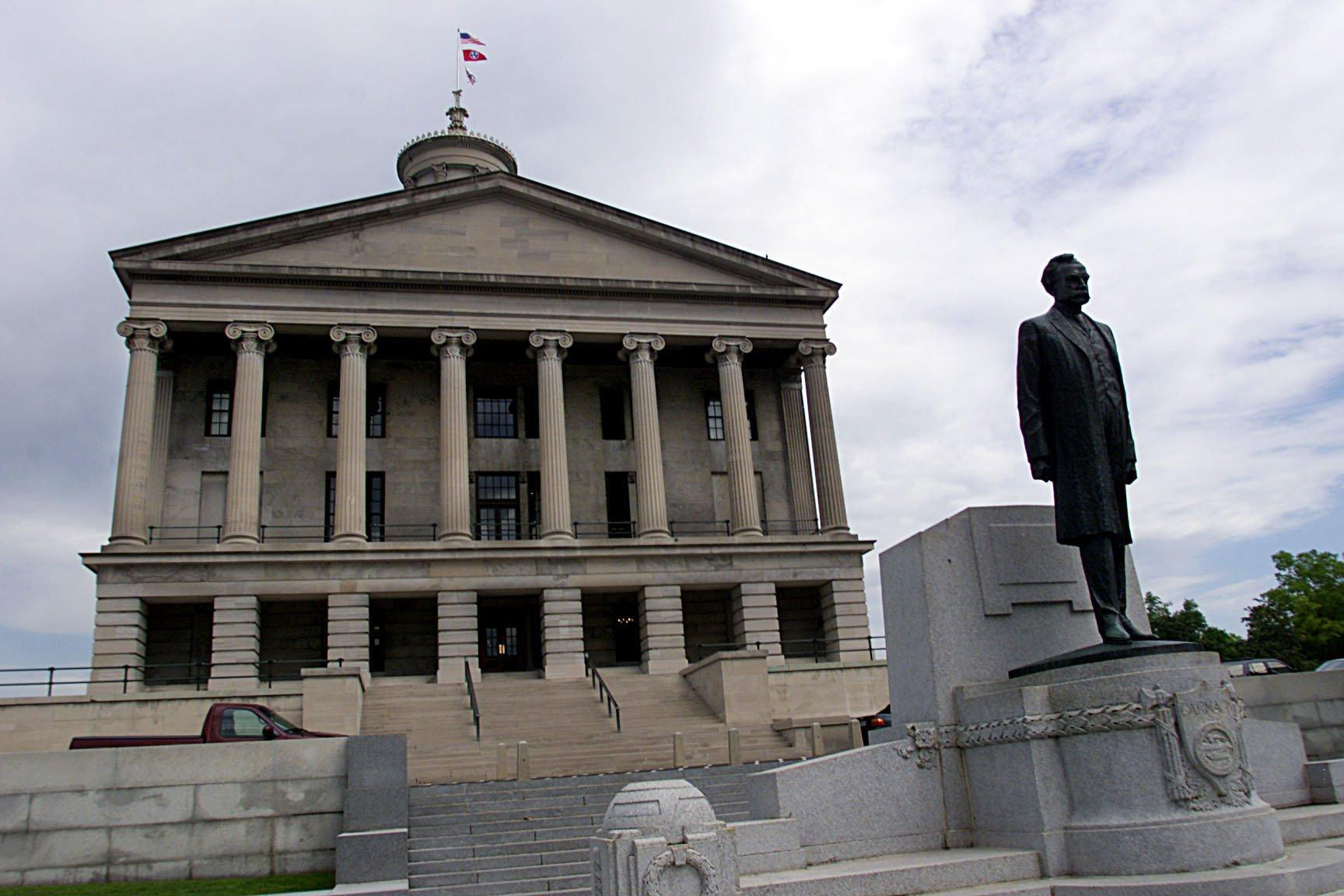NASHVILLE - State lawmakers in both parties are worried about the flood of independent expenditures by outside groups during Tennessee's Aug. 2 legislative primaries.
They see it as the first wave of a trend that could transform elections in Tennessee.
"It kind of perverts the system," said state Rep. Frank Niceley, R-Strawberry Plains. He was caught in a crossfire in his Senate primary by PACs run by the National Rifle Association and the Humane Society of the United States.
The two groups, often at each other's throats, attacked Niceley for different reasons. Niceley survived and won his East Tennessee GOP primary.
But several other incumbents who lost also were hit by independent expenditures, and lawmakers say the groups are having an outsized impact.
Mike Turner, the Nashville Democrat who heads his party's House caucus, said it is "scary that the average person will not be able to influence the elections as much as they once could because they could be overwhelmed by the super PACs."
Turner played down the impact on House Democratic incumbents in the general election but fretted the independent expenditures "have the potential to impact some of our challengers."
Vanderbilt University political science professor John Geer said such spending is common in federal elections since a 2010 U.S. Supreme Court decision.
In a presidential campaign, the spending may have less impact because voters know the candidates and their positions, he said.
"As you go down the ladder, they're going to have more and more effect," he said. "At the state legislative level, you can imagine them having huge effects" because even incumbents are not that well known.
The effect is most strong in party primaries where there is "not a strong anchor," Geer said.
Tricks alleged
Niceley's campaign estimates the Humane Society Legislative Fund spent as much as $50,000 attacking him on issues ranging from a horse-slaughter bill he sponsored to his support for commercial hunting operations and opposition to tougher penalties on cockfighting.
Niceley alleged the group wasn't properly registered with the Tennessee Bureau of Ethics and Campaign Finance.
Dane Waters, director of the Humane Society Legislative Fund, contended the independent expenditure was lawful.
"We thought it was very important to highlight Frank's poor record," Waters said. He said he did not have the expenditures at hand but is reporting them to the state.
Niceley said the NRA slammed him with a last-minute mailer saying he "lied" about having an "A+" rating with the group. Niceley said he had always had high ratings.
The NRA this year was furious with Republican lawmakers, who control the General Assembly, after they wouldn't pass a far-reaching NRA-backed bill.
The bill would not allow property owners to ban handgun permit-holders from storing weapons in their parked vehicles on most public or private lots.
Niceley charged the NRA waited until he had sent out his own mailer before downgrading his rating on its website to "C," and sending out a postcard accusing him of lying.
Money counts
House Republican Caucus Chairman Debra Maggart lost her primary after the NRA and Tennessee Firearms Association spent $88,000 attacking her or supporting her opponent, Courtney Rogers, over the "guns in parking lots" bill.
While the onslaught wasn't the sole factor in Rogers' victory - Maggart had angered many teachers and some Sumner County commissioners - it was a factor, Republican observers said.
Independent expenditures played a major role in a Democratic state House primary in Memphis, as well.
StudentsFirst, a national group that backs public education reforms including a limited form of school vouchers, spent $104,018 in support of Rep. John DeBerry, D-Memphis, in his race with Rep. Jeanne Richardson, D-Memphis.
Another education voucher support group, the Tennessee Federation for Children, spent another $32,600 in support of DeBerry, who won.
Changes needed?
House Majority Leader Gerald McCormick, R-Chattanooga, said there's no doubt the independent expenditures are having an impact.
"Whether I think it's good or bad may be irrelevant," he said. Such expenditures can be "good in way," McCormick said, in "knocking down the fundraising advantage" of incumbents.
Still, he acknowledged the outside spending could result in candidates, who face limits on direct contributions from donors, losing control of campaigns.
"Taken to an extreme, you could take the entire legislature out if you got enough millions of dollars to do so," McCormick said. "It would be a concern."
McCormick said he would be open to discussing some changes.
For example, PACs have a 10-day blackout period for direct giving to candidate, but there's no such blackout for independent expenditures, he said.
